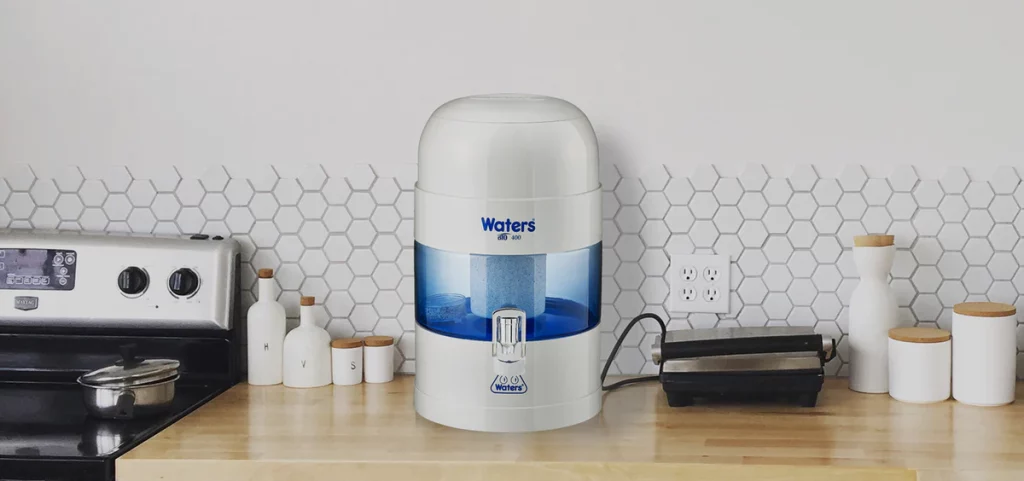As an essential resource, water is one of the most critical elements for human survival. However, with the increasing levels of pollution and environmental degradation, ensuring the safety and purity of water has become a growing concern. This is especially true in Lebanon, where water pollution is a major problem that affects the health of its citizens. In this article, we will discuss the importance of using water filters at houses in Lebanon and how they can help to mitigate this issue.
Why is water pollution a problem in Lebanon?
Lebanon is a country that is heavily impacted by pollution. A significant portion of this pollution is due to industrial waste, sewage, and agricultural runoff. As a result, the water quality in Lebanon has been severely affected, and the water is no longer safe for drinking without proper filtration.
The Importance of Using Water Filters
Using a water filter is an effective way to ensure that the water you are drinking is safe and pure. By removing contaminants and impurities from the water, water filters help to protect the health of individuals and their families.
The benefits of using water filters at houses in Lebanon are numerous. They can help to reduce the risks associated with waterborne diseases, such as cholera, typhoid, and dysentery, which are prevalent in areas where water quality is poor. Additionally, they can help to improve the taste and smell of water, making it more enjoyable to drink.
Water filters can also be an environmentally friendly option, as they reduce the need for bottled water, which is a significant source of pollution in Lebanon. By using a water filter, you can help to reduce plastic waste and conserve natural resources.
Types of Water Filters
There are several types of water filters available on the market, each with its unique set of advantages and disadvantages. Some of the most common types of water filters include activated carbon filters, reverse osmosis filters, and ceramic filters.
Activated carbon filters are one of the most popular types of water filters, as they are affordable and easy to use. These filters use activated carbon to absorb impurities and contaminants, such as chlorine, pesticides, and other chemicals.
Reverse osmosis filters are another type of water filter that uses a semi-permeable membrane to remove impurities and contaminants from water. These filters are highly effective at removing dissolved solids, such as lead, arsenic, and fluoride.
Ceramic filters are a more traditional type of water filter that uses a porous ceramic material to remove impurities and contaminants from water. These filters are highly durable and long-lasting, making them an ideal option for households in Lebanon.
Conclusion
In conclusion, water pollution is a significant problem in Lebanon, and the use of water filters is essential to ensure that the water you and your family are drinking is safe and pure. By using a water filter, you can protect your health, improve the taste and smell of your water, and help to reduce plastic waste and conserve natural resources. With a wide range of water filters available on the market, there is an option to suit every household’s needs and budget.

